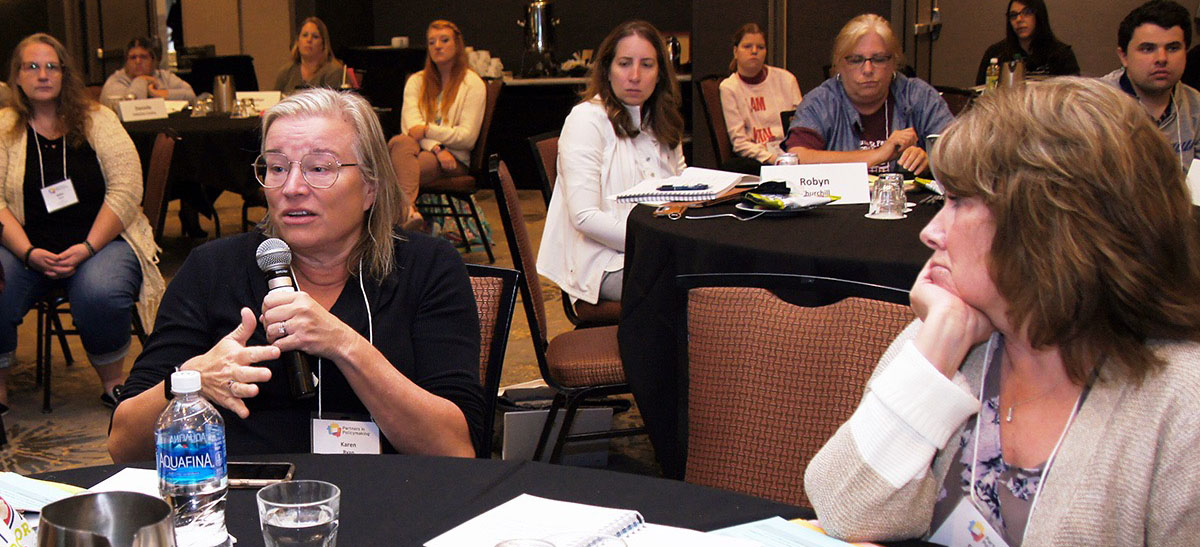Council-Sponsored Grant Activities
Here are a few highlighted grant related activities during the last year.
Partners in Policymaking ®
An advocacy and leadership training program for people with developmental disabilities and their families. It provides participants with the resources and skills to communicate effectively with elected officials.
Since the program began, more than 1,100 self-advocates and family members have graduated from Partners in Policymaking in Minnesota. Class 40 is currently underway.

Ambassadors for Respect
The purpose of the program is to strengthen self-advocacy for individuals with developmental disabilities and to enhance bullying prevention efforts in fourth grade classrooms through trainings about inclusion, acts of kindness, and being an advocate for oneself and others.

Customer Research
The Minnesota Governor's Council on Developmental Disabilities sponsors relevant research.
Impact of the Intersection of Developmental Disabilities and Other Population Profiles on Experiences with Discrimination
People with developmental disabilities, especially those who have intersecting identities experience discrimination in a variety of settings.
2022 Minnesota General Population Survey of Attitudes Towards People with Developmental Disabilities
Most Minnesotans (86%) believe the State should allocate more funds to support PCAs and related services for Minnesotans with developmental disabilities.
Employment
The Minnesota Governor's Council on Developmental Disabilities works with MSS (a grantee) and partners to promote key outcomes including:
- Providing individualized, person led, and person centered supports that may include technology as necessary for a broad range of employment options, prioritizing competitive, customized, or self-employment.
- Increasing and improving access to inclusive postsecondary education and other career focused training opportunities.
- Educating employers and providers while building capacity for workforce development.

Cultural Outreach
The Minnesota Governor's Council on Developmental Disabilities supports the development of leadership skills in culturally diverse communities through collaborative efforts with organizations in these communities. The Council has partnered with Somali Community Resettlement Services this year.

Self-Advocacy
The Council seeks to strengthen a state self-advocacy organization, led by individuals with developmental disabilities. It also supports various related leadership training programs. Learn more about ACT

Self-Advocates Minnesota (SAM)
Self-Advocates Minnesota is a network of self-advocacy groups from all around the state. Each region works with its member groups to build personal power, connect to the disability rights movement and make community changes.






